Be the change you want to see on campus
With frequent changes happening in the Upper School, how can students get their voices heard? Senior Ellie Lowe’s Opinion piece dives into the issue of ownership on campus.
February 21, 2019
The following article was submitted to The Gauntlet by senior Ellie Lowe, a member of the Saint Stephen’s Episcopal School student body. It does not necessarily represent the opinions of The Gauntlet or Saint Stephen’s Episcopal School.
This year there have been many changes in the Upper School: the switch in lunch program providers, prohibiting AirPods in the halls, a new sign-out system for Study Out, the revoking of senior parking privileges, elimination of Reading Day, and adding a cellphone-free week.
Whether or not you agree with these moves, everyone wants to have a say so they feel included in the changes happening in their lives. So how do students get their voices heard by those in power? Is there a way that students can enter into the decision making process, strengthening the relationship with the administration? The answer is yes.
As students, we can get frustrated when changes are made without someone asking for our input. Especially when we don’t hear about changes until they’ve already been made. But it looks like we, the students, bear some responsibility.
Every year, as students of the Upper School, we elect student representatives to Student Council to, according to the Upper School Student Council Constitution, strengthen student relations with faculty and administration, encourage citizenship and leadership, and maintain the general welfare of the student body. In other words, they are the liaison between students and administration.
I spoke to Student Council President Ashleigh Rodhouse about how often the Student Council meets with Mr. Forrester, the Upper School Director. According to Rodhouse, there are no set meetings. They only meet to get something approved or when Mr. Forrester has something for the Student Council to do, and it’s not always a meeting, so much as a one-on-one conversation.
I was surprised to hear this because in the Constitution under Article III Section 4, it says that the StuCo Executive Board should meet with the Upper School Director a minimum of once per month during the school year to provide a time for students and administration to discuss possible changes to the Upper School. By not holding regular meetings, we lose opportunities to be heard. But it’s not all the Student Council’s fault. We, the students, need to show up too.
When speaking with Mr. Hoonhout, the faculty advisor of the Student Council, he informed me that all students are welcome to attend the weekly Student Council meetings (which occur every Tuesday at lunch). This means we have a chance to speak to our representatives and inform them of our opinions and concerns, which they could potentially relay to the administration.
But when I asked Rodhouse how often students outside of Student Council attend meetings, she said: “Not often at all.”
I think the best way for our voices to be heard is to focus on everyone communicating with each other. To begin with, the Student Council should start by reinstating monthly meetings with Mr. Forrester, where they discuss potential changes and directions for the Upper School. The Student Council then needs help to inform the students of these potential changes. Furthermore, we as students need to attend Student Council meetings or seek out our student representatives when we have a problem instead of complaining. All of this would help to strengthen the relationship between the students, the administration, and faculty.
Although it is easier for us to complain to our friends, teachers, and anyone who will listen, the truth is if we want changes in the Upper School we have to work together and be involved. Like Gandhi said: “Be the change you wish to see in the world.”
So go out there and do it.


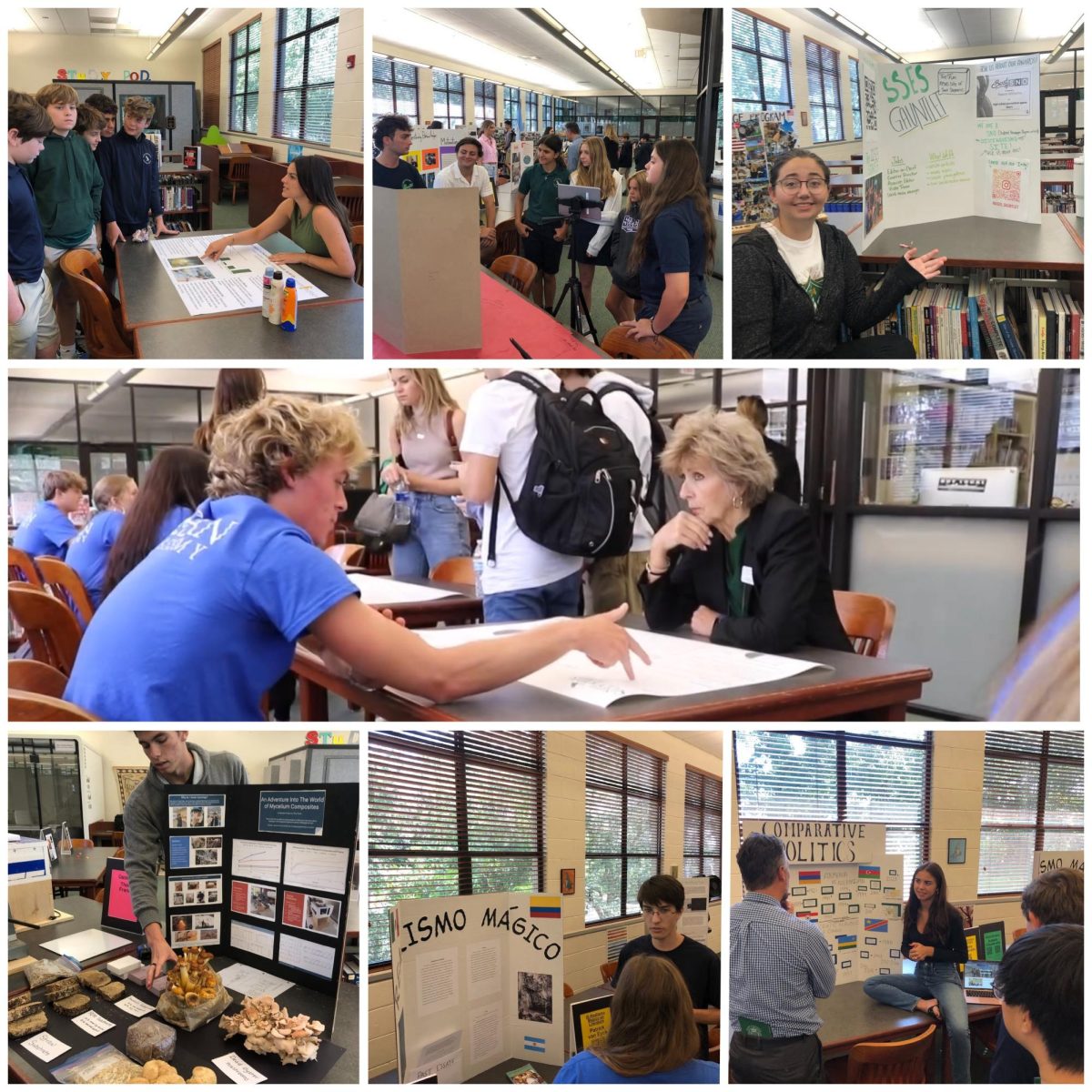
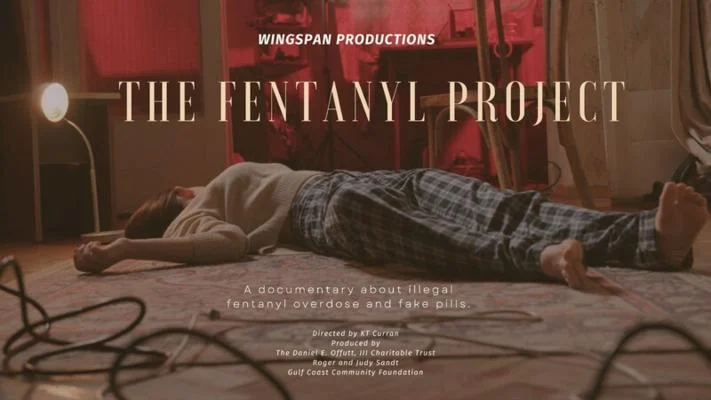


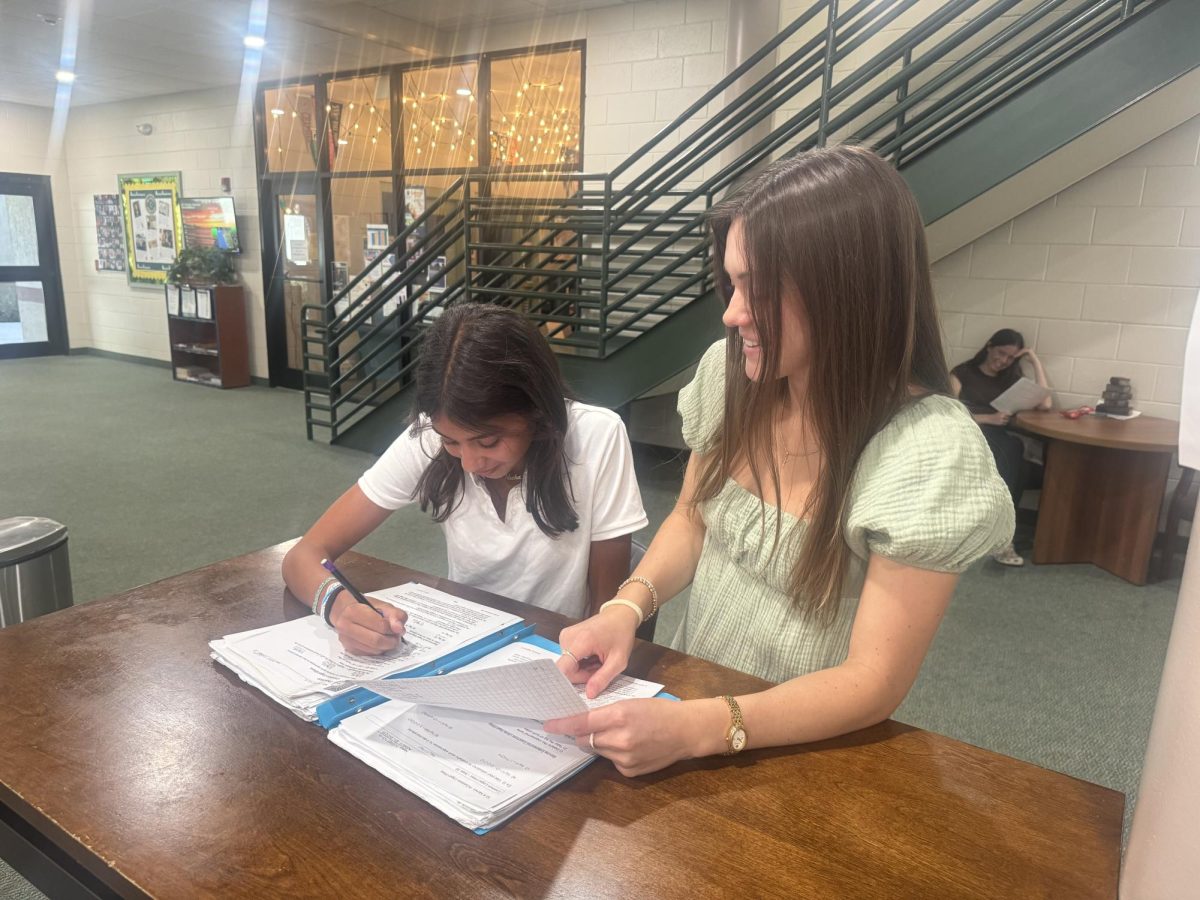
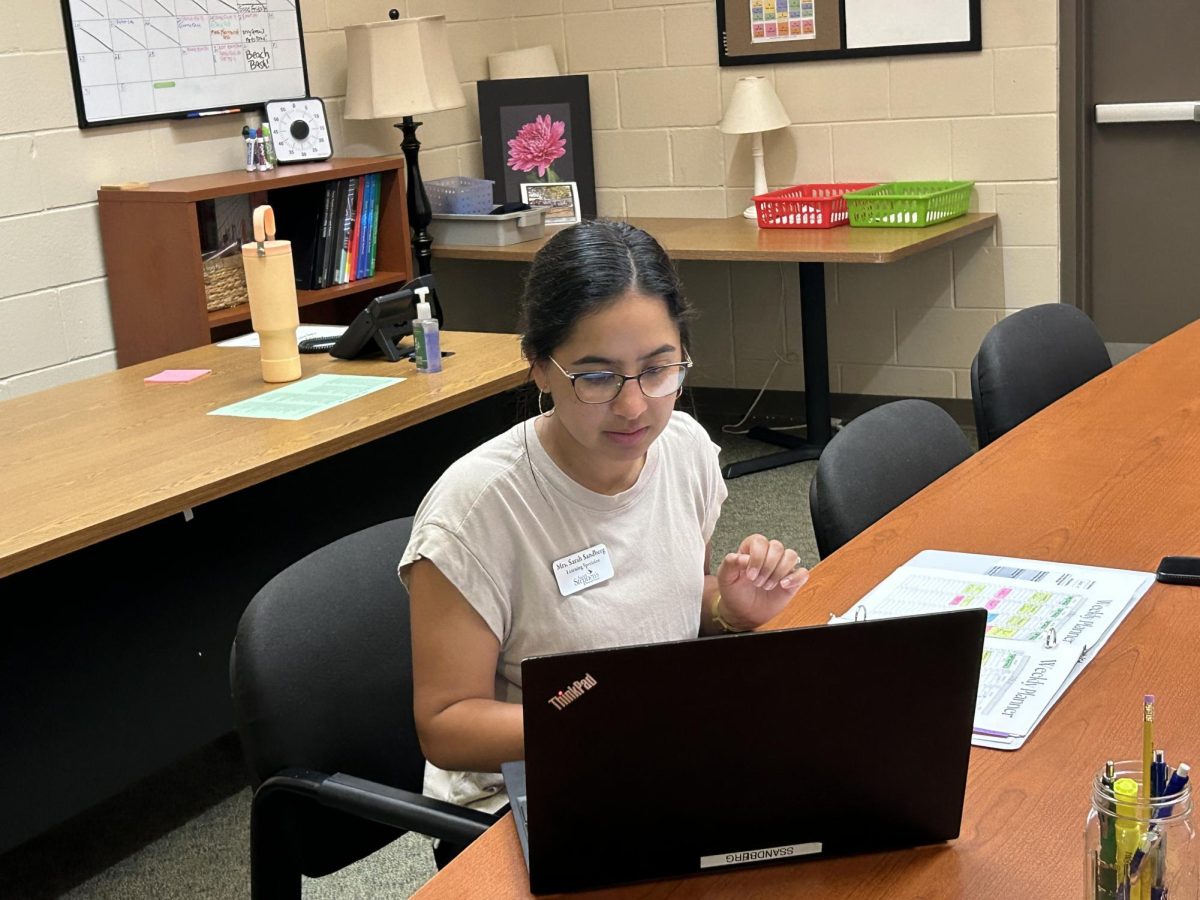























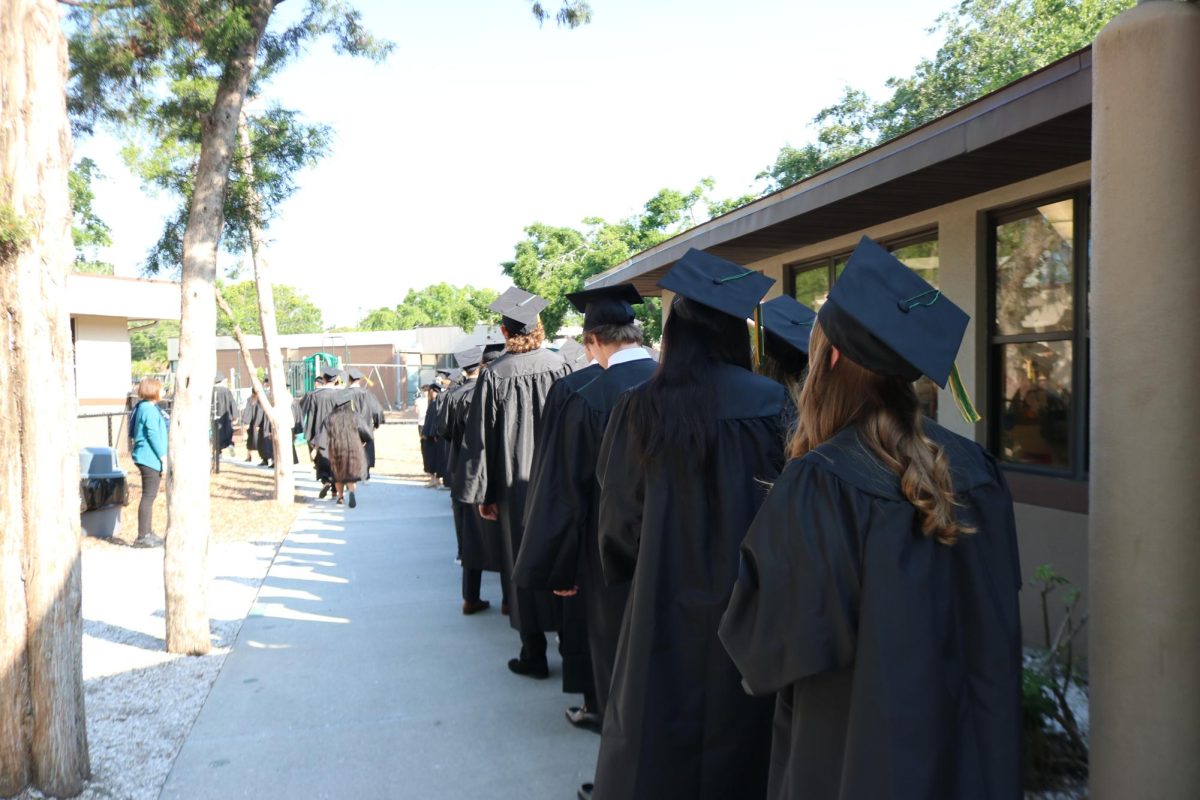















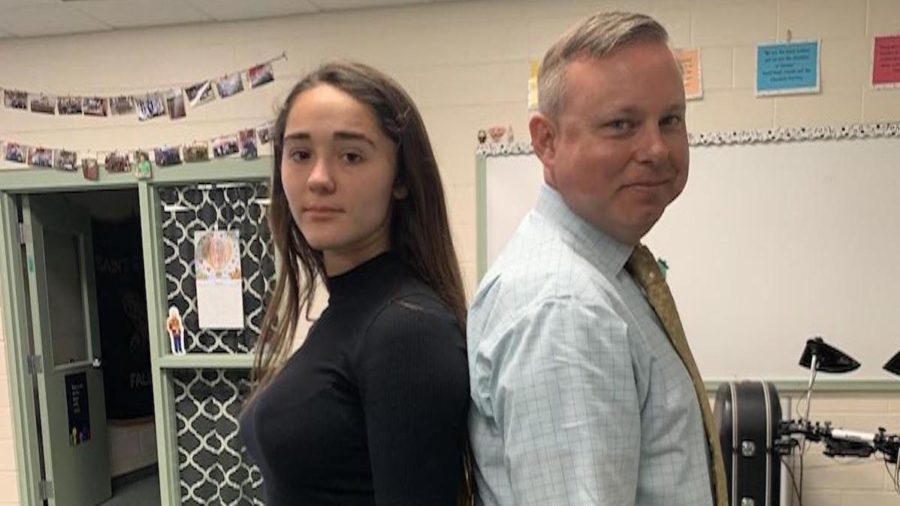
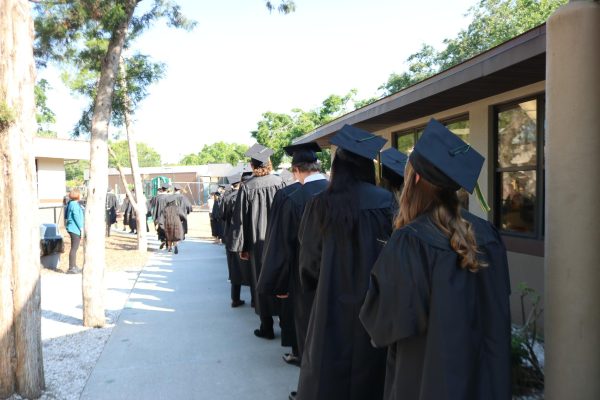
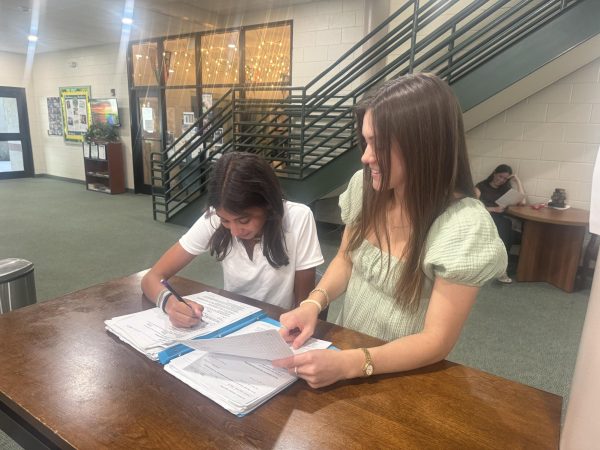

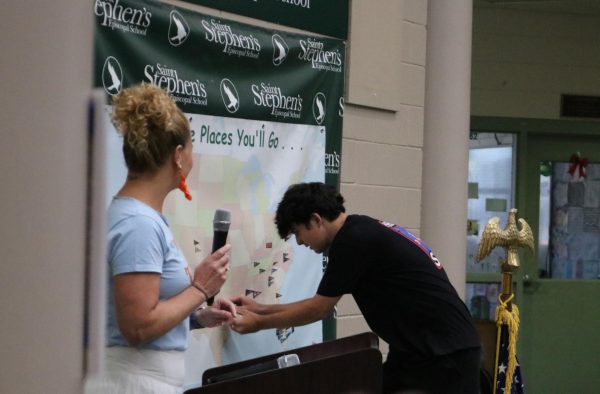

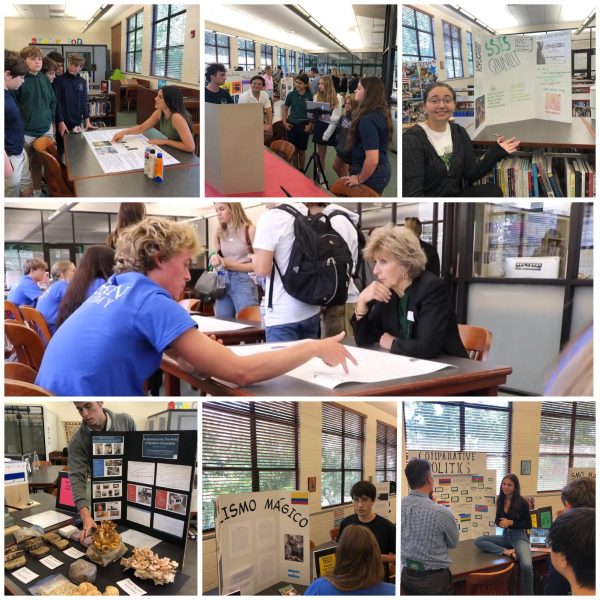
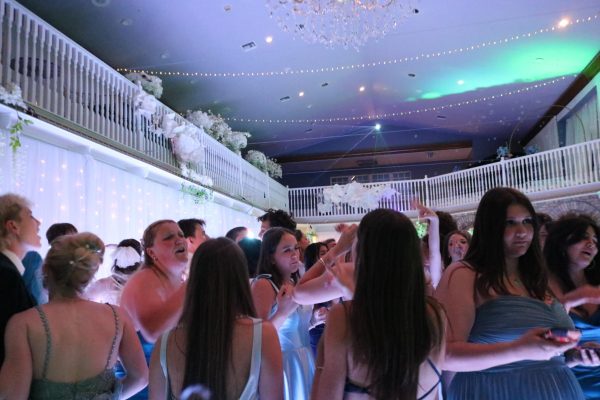

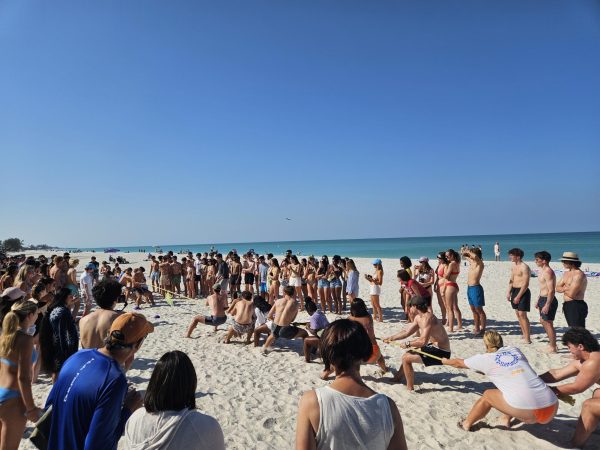
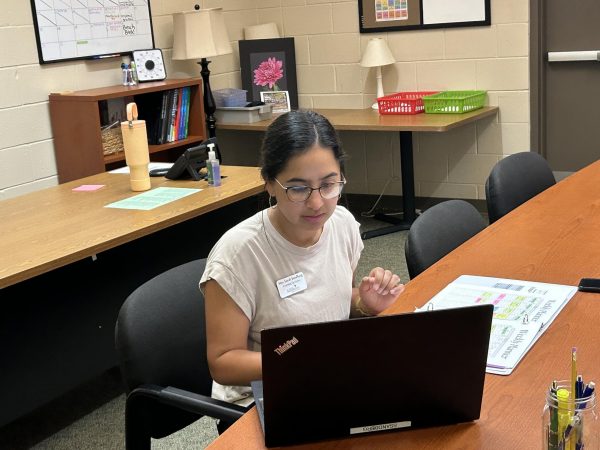
Anonymous • Feb 22, 2019 at 7:44 pm
The Council does not do enough to encourage student participation or activism, even if they are improving. They do not publicize their meetings, nor the fact that they are open to the student body. They do not have a place for suggestions or concerns. They don’t have a set place for information like upcoming events, or perhaps that constitution mentioned in the article. They seem closed off, privately devising spirit events and activities. I find some of the comments a little saddening. They seem to imply that the Council should just wait for people to ask them to make changes. The Council should always be looking for ways to improve life at SSES, rather than trying to hold the status quo as they have persistently done. The president may be busy, but that is no excuse to shrik any duties as one comment suggests. And the number of hours the Student Council spends is irrelevant. If they work hours inefficiently or in a disorganized manner, they could achieve far less than a well-organized council does in a shorter time. The way the meetings are organized now seems to devalue consistent attendance and fosters inefficiency. I don’t think our student council puts forth the effort to match what’s meant to be a world-class school.
That being said, students should most definitely speak up to make changes themselves if the student council does not recognize a problem. They are not omniscient and may genuinely not see something as an issue. Our representatives are working but we all need to work harder to make change happen.
Editorial Staff • Feb 26, 2019 at 9:12 pm
Editor’s Note: We appreciate all thoughts and ideas and consider our site an open forum. We’d love to run a letter to the editor. See the guidelines for this on our homepage. The editors would like to note that in various articles, The Gauntlet has made public the time, place, and open nature of Student Council meetings. Those meetings take place at lunchtime, every Tuesday, in room 3255 of the Turner Building, and they are open to all students.
Alana • Feb 21, 2019 at 11:03 pm
Speaking as a member of the Student Council exec board, I do know that every member of StuCo works very hard in these weekly meetings (that do happen more frequently than just Tuesday lunches) to fundraise and organize events for the school to boost student morale, school pride, and spirit, not to mention to have fun! If it weren’t for Student Council’s efforts, there would be no spirit week or beach day for instance. I just personally feel that Student Council is about far more than simply trying to fix administrative policies that people are unhappy about, although we are more than happy to do that if anyone were to ask. No concerns about school policy have been brought to our attention or the attention of class representatives, in which case we would have relayed that information for sure! Although I would also like to add that simply because we meet with Mr. Forrester (in any capacity-whether that be through an email, in a one-on-one meeting, or as a council), does not mean our ideas/changes will actually be approved. Mr. Forrester may not always agree with the ideas of the student body. Administration does still have the final say.
Ashleigh • Feb 21, 2019 at 10:27 pm
Oww
Anonymous • Feb 21, 2019 at 10:14 pm
This article has many correct aspects, but many aspects that I highly disagree with. First off, I do not think that it is only the Student Council presidents fault and “job” to go and talk to Mr. Forrester every month or so. She is not the one that is in charge of that but in fact it should be the student body. I am sure that Ashleigh has a lot more on her plate such as college, homework, student council activities and planning, extracurriculars, and probably much more. If a student has a problem with the ways things are going, reach out to Mr. Forrester yourself. I am sure he would be glad to meet and discuss those issues, but this article is disturbing how much you blame Ashleigh. If you want to “voice to be heard” as you say, then the person who has an issue should go talk to Mr. Forrester themselves. Or if they are too scared to do that then they should tell a Student Council member to do it. I know you included that in your article, but it seems like you are blaming it mostly on Student Council themselves which is disrespectful and rude for those executive board members who meet 2-3 times a week and spend countless hours working hard for the sses community to enjoy To conclude, I don’t think many people understand what the role and job of a student council president truly is.
Carter Beckstein • Feb 21, 2019 at 1:12 pm
Love this article! I agree that students need to take the initiative to make changes. No one will invite them to. If students think things could be run better, they should speak up.